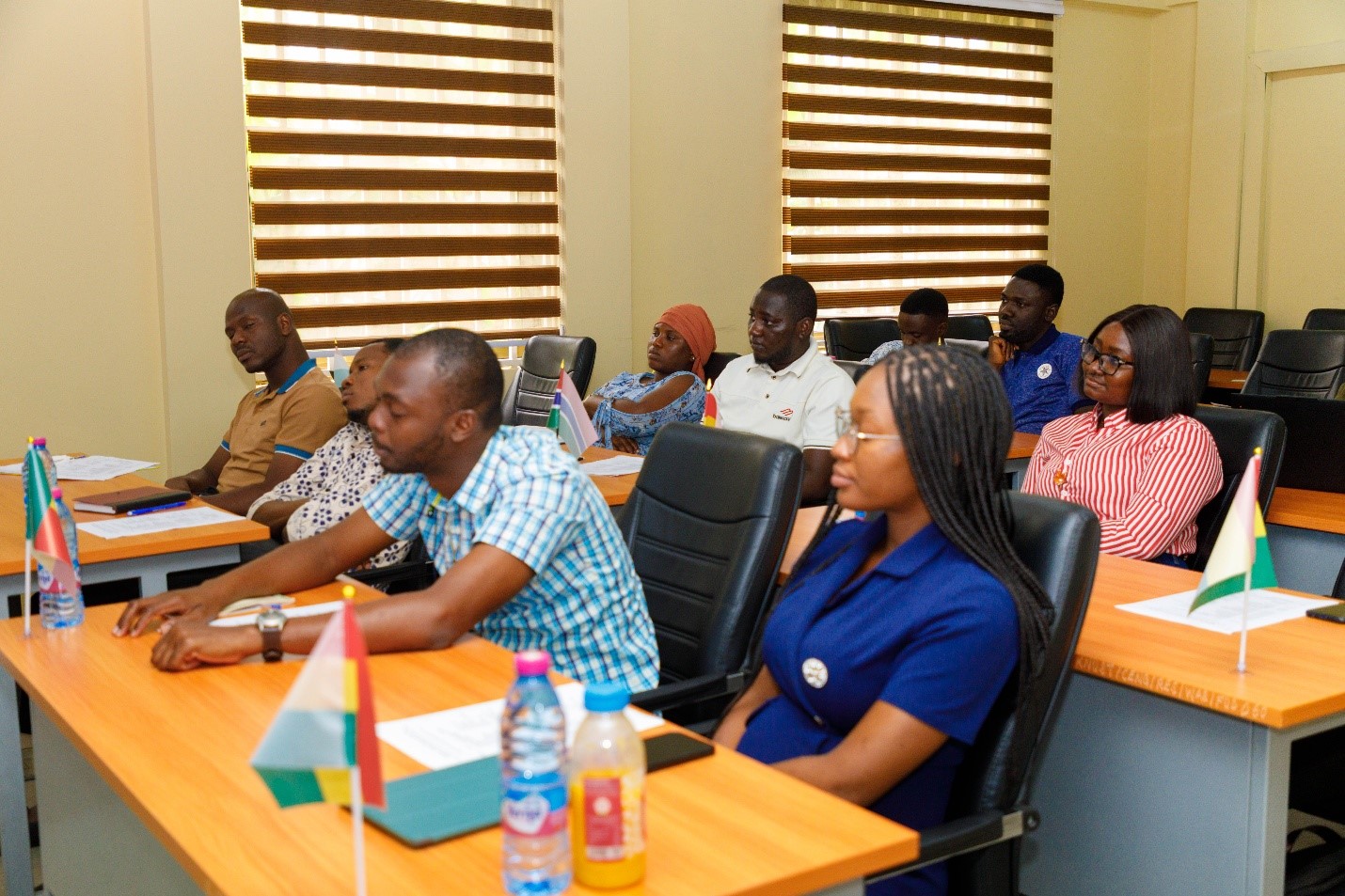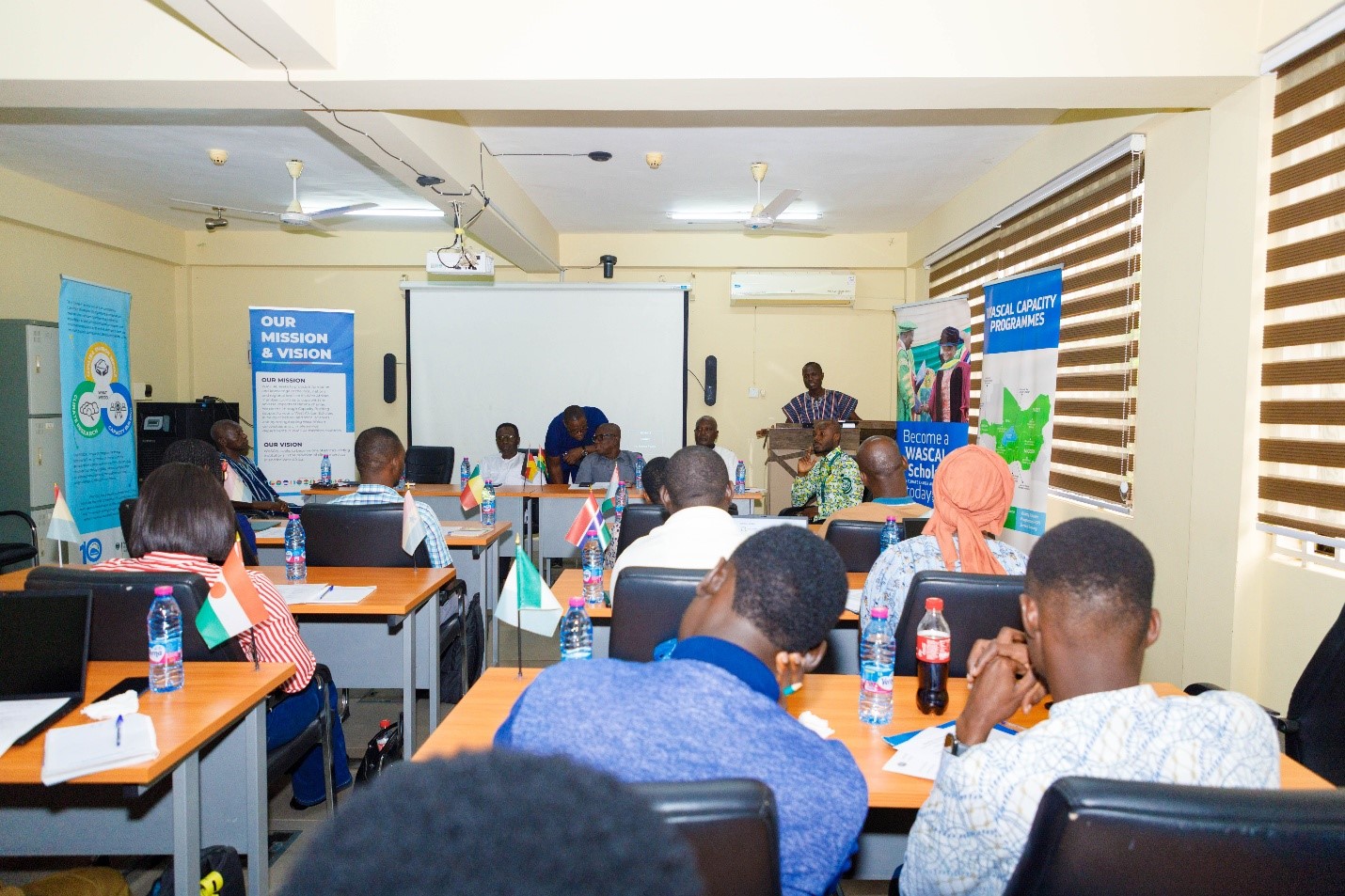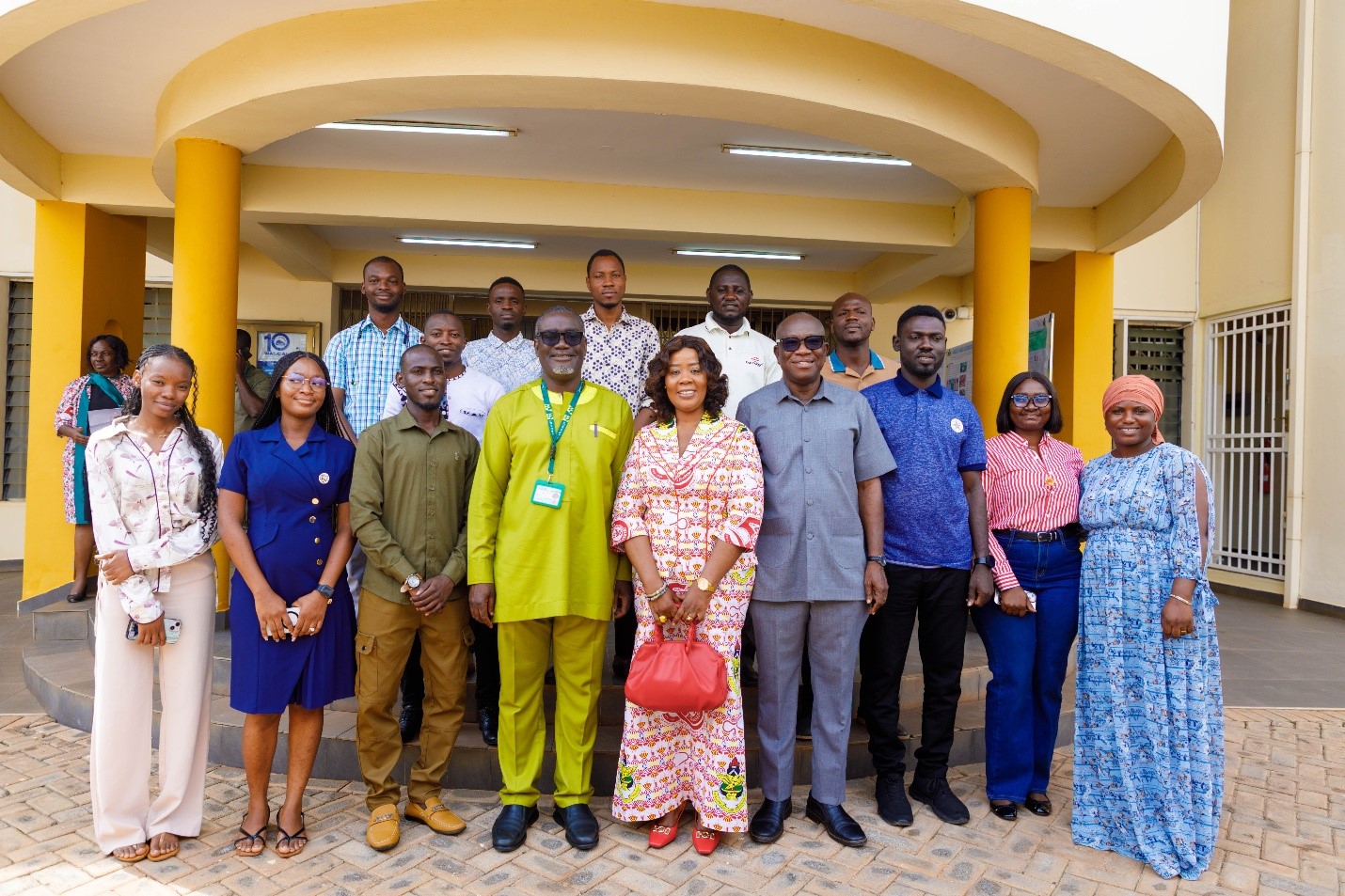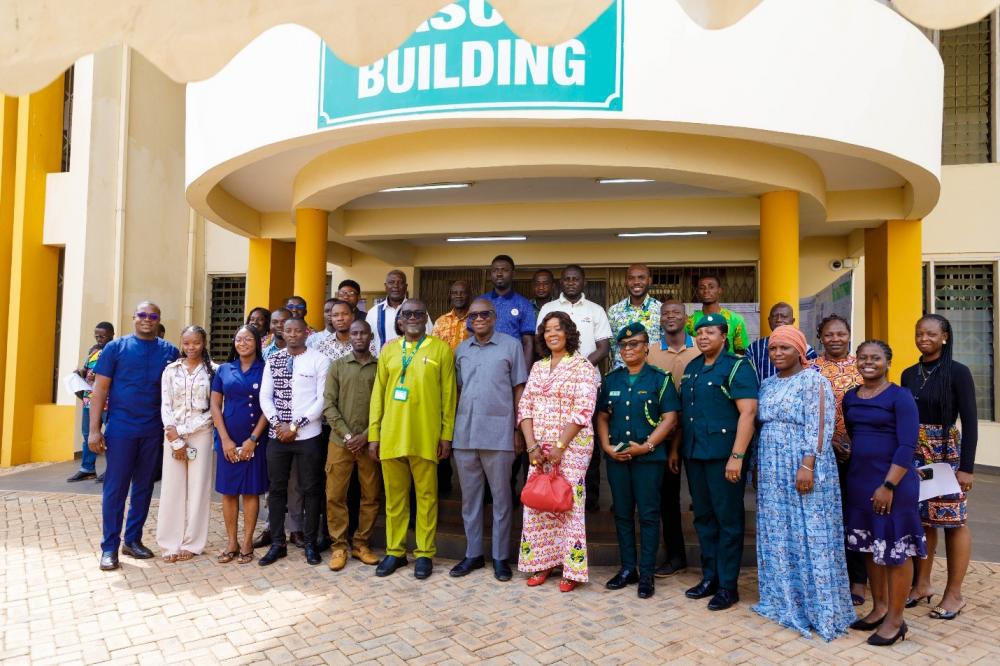The West African Science Service Centre on Climate Change and Adapted Land Use (WASCAL) at KNUST has welcomed its sixth cohort of doctoral students under its Climate Change and Land Use Programme. The new students officially began their academic journey with an orientation session held on Friday, October 3, 2025.
WASCAL, a research-focused institution, is dedicated to advancing climate services and building scientific capacity across West Africa. Since its inception in 2012, the centre has been training and empowering young scientists through master’s and doctoral programmes aimed at addressing climate-related challenges in the region. To date, over 50 students have successfully graduated from its programmes.

The WASCAL network spans 12 West African countries, including Ghana, Nigeria, Niger, Burkina Faso, Mali, Côte d’Ivoire, Togo, Benin, Guinea, and Cape Verde. The 2025 doctoral cohort includes 12 students — 10 international and 2 Ghanaians — who will be based at KNUST for six months of intensive coursework before proceeding to the research phase of their studies.

During the orientation, participants were introduced to life at KNUST and the academic expectations of the programme. Resource persons from across the university engaged the new students, including representatives from the College of Engineering, under which WASCAL operates, as well as officials from security services, fire and counselling units, and the International Programmes Office.
The modular coursework format requires continuous assessment, with weekly examinations, ensuring rigorous academic engagement. After completing their coursework, the students will embark on their individual research projects, expected to span about three and a half years.

WASCAL continues to play a vital role in strengthening regional collaboration in climate change research and training, contributing to sustainable development through science, innovation, and partnership.












